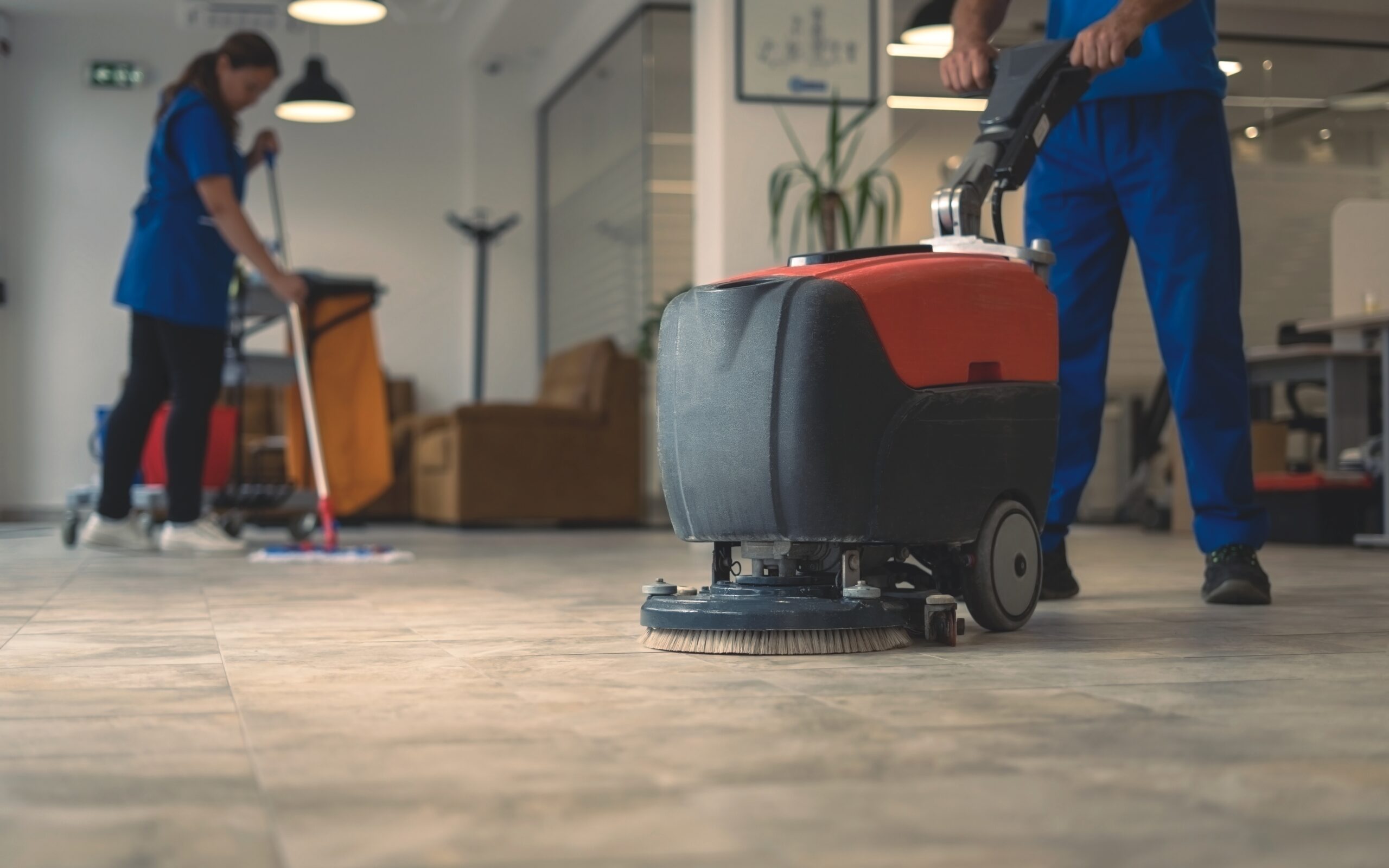Office cleaners play a crucial role in upholding workplace hygiene standards, ensuring that employees work in a clean, safe, and healthy environment. Their responsibilities extend beyond mere cleanliness; they contribute significantly to the overall well-being and productivity of the workforce. This article explores the essential role of office cleaners in maintaining workplace hygiene standards and the impact of their work on organizational success.
1. Daily Cleaning and Disinfection
office cleaning Nottingham are responsible for performing daily cleaning and disinfection tasks that prevent the spread of germs and maintain cleanliness throughout the workplace. They systematically clean and sanitize high-touch surfaces such as desks, door handles, light switches, and communal areas like break rooms and restrooms.

By using appropriate cleaning agents and disinfectants, office cleaners eliminate bacteria and viruses that can cause illnesses among employees. This proactive approach to hygiene helps create a safer environment where employees can perform their duties without the concern of exposure to harmful pathogens.
2. Ensuring Clean and Tidy Workspaces
A clean and tidy workspace promotes organization and efficiency among employees. Office cleaners ensure that workstations, meeting rooms, and common areas are free from clutter, dust, and dirt. This contributes to a positive work environment where employees feel comfortable and motivated to focus on their tasks.
Maintaining cleanliness also reflects professionalism and attention to detail, enhancing the overall image of the organization. Employees and visitors alike form positive impressions when entering a well-maintained workspace, reinforcing the company’s commitment to high standards.
3. Specialized Cleaning Tasks
In addition to routine cleaning, office cleaners perform specialized tasks that contribute to maintaining hygiene standards. This may include carpet cleaning, upholstery cleaning, window washing, and floor maintenance. These tasks require specialized equipment and expertise to ensure thorough cleaning and preservation of office assets.
By addressing these specific cleaning needs, office cleaners help prolong the lifespan of office furnishings and maintain a visually appealing environment. Clean carpets and windows, for example, enhance the aesthetics of the workspace and contribute to a pleasant atmosphere for employees and visitors.
4. Adherence to Health and Safety Regulations
Office cleaners are trained to adhere to health and safety regulations related to cleaning practices and product usage. They are knowledgeable about proper handling and disposal of cleaning chemicals, ensuring compliance with environmental and workplace safety standards.
By following established protocols, office cleaners help mitigate risks associated with chemical exposure and maintain a healthy indoor environment. This commitment to safety enhances employee well-being and contributes to a workplace culture focused on health and sustainability.
5. Supporting Employee Health and Well-Being
A clean and hygienic workplace directly impacts employee health and well-being. Office cleaners play a pivotal role in reducing the spread of illnesses by sanitizing surfaces and maintaining hygienic conditions in shared spaces.
Cleaner air quality, achieved through regular cleaning and maintenance of HVAC systems, also contributes to respiratory health and overall comfort for employees. These efforts contribute to a healthier workforce with reduced absenteeism and improved productivity.
6. Promoting a Positive Work Environment
Beyond physical cleanliness, office cleaners contribute to promoting a positive work environment. Their diligent efforts create a space where employees feel valued and cared for by their employer. A well-maintained workplace fosters a sense of pride among employees, enhancing morale and job satisfaction.
Furthermore, a clean and organized environment supports collaboration and teamwork among employees. By providing a conducive workspace, office cleaners indirectly contribute to fostering a culture of productivity and innovation within the organization.
Conclusion
Office cleaners play an indispensable role in maintaining workplace hygiene standards and ensuring a clean, safe, and healthy environment for employees. Their contributions extend beyond cleaning tasks; they uphold organizational values of professionalism, safety, and employee well-being. By investing in effective cleaning practices and recognizing the vital role of office cleaners, organizations can create a positive workplace culture that supports employee satisfaction, productivity, and overall success.